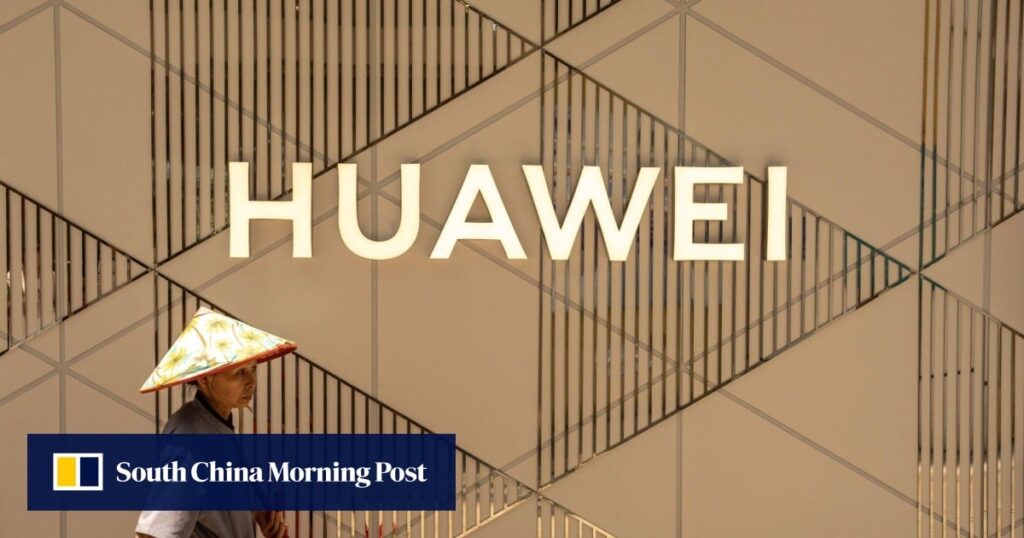Nvidia has made low-end chips available to China-based clients after the US increased its export restrictions in October to ban shipments of the firm's latest A800, H800 and L40S processors to the country.
But the onslaught of Huawei's Ascend chips has proved challenging for Nvidia in its third largest market. CEO Jensen Huang said in a conference call earlier this month that the US firm “now faces a lot of competition in China”.
Huawei declined to provide sales figures for its AI chips, but according to a speech this month by Zhang Dixuan, head of the firm's Ascend computing business, the Ascend ecosystem now has 40 hardware partners, 1,600 software ware partners, and has 2,900 AI application solutions.
“Huawei is leading the China localization drive because of its technological prowess,” said Russell Wu, general manager of networking gear startup TML and previously with Intel in China.
“AIBox provides ready-to-use solutions for small companies and organizations, including government, allowing them to reduce costs and focus on fixing large model-based services rather than developing models. [from scratch]”
Chinese companies are leveraging Huawei chips to build AI boxes to meet growing demand for AI computing from almost every industry, from telecommunications to finance and healthcare.
According to Xu, domestic chips, including those from Huawei, Cambricon Technologies and Biren Technology, are readily available in the market.
Huawei's expanding AI chip business was expected by analysts. AI boxes are predicted to be essential for business in China, and the market will be dominated by local players led by Huawei, Cao Pei, an analyst at Chinese brokerage Pacific Securities, wrote in a research note published in November. .
“iFlyTek and Huawei have joined forces to tackle the computing power bottleneck,” iFlyTek chairman Liu Qingfeng said at the time, adding that the Spark No. 1 was benchmarked against Nvidia's A100 processor. Tha, which has been stopped from being shipped to China since August 2022, along with the more powerful H100.
Nvidia's processors accounted for 90 percent of the 500,000 AI chips sold in China in the first half of last year, with Huawei controlling just 6 percent of the market. But the tide is turning for Huawei: At least a dozen Chinese companies have launched AI boxes, and most of them use Huawei's chips.
Still, the pace of Huawei's rise to China's AI chip market will depend on how quickly it can ramp up production, according to Brady Wang, associate director at research firm Counterpoint.
“Huawei will choose to give more juice to its AI chips this year, as this will give the company a significant market position against Nvidia in China,” Wang said.
Additional reporting by Kelly Lee
